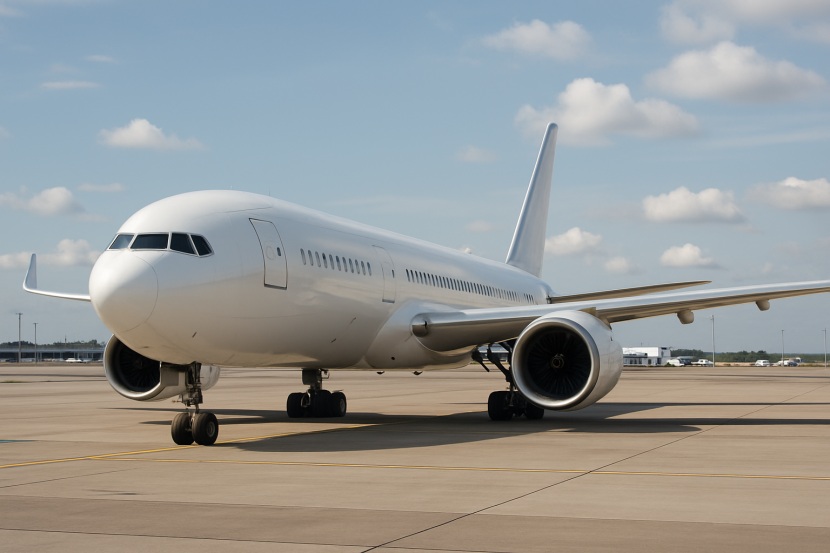Published on
September 22, 2025
As the demand for pilots continues to rise across Europe, salaries in the aviation industry vary significantly from country to country. From the high salaries in Western Europe to the more modest pay in Eastern Europe, the landscape for pilots remains complex. With a global pilot shortage expected to worsen, understanding these salary patterns is essential for both aspiring aviators and the aviation industry as a whole.
A High Price for Pilot Training
Pilot training can be an expensive venture, with costs reaching up to €150,000 in countries like Switzerland. This substantial investment raises questions about the return on investment, particularly when considering the starting salaries for pilots in various countries. The financial burden of training is one reason why the profession is often seen as financially challenging, despite the potential for high earnings once fully qualified.
Pilot Salaries Across Europe
Salaries for pilots in Europe span a wide range, influenced by factors such as experience, the airline, and the country of employment. In Switzerland, pilots are among the highest-paid in Europe, earning an average of €113,000 annually. This reflects the country’s strong economy and the cost of living, which is among the highest in the world.
In the United Kingdom, salaries also vary depending on experience. Entry-level pilots can expect to earn around €54,283 annually, while more experienced pilots can earn up to €173,243. The disparity between new pilots and veterans is significant, with experienced captains earning more than triple the salary of their junior counterparts.
The Impact of Experience on Pilot Earnings
Experience plays a crucial role in determining a pilot’s salary. In many countries, pilots with more than eight years of experience earn 60 to 80 percent more than those with just one to three years. For example, senior captains in countries like Germany and the UK can earn well into the six figures, particularly when flying long-haul routes or working for major airlines.
In Germany, pilots earn an average of €12,566 per month, which totals about €150,792 annually. However, for highly experienced pilots, especially those operating long-haul flights, earnings can soar to over €342,000 annually. Similarly, in France, pilots earn around €9,300 per month, translating to €111,600 annually.
Eastern and Southern Europe: Lower Salaries, Growing Demand
While pilots in Western Europe enjoy high salaries, the pay in Eastern and Southern Europe is significantly lower. For example, pilots in Romania earn an average of €32,299 annually, with experienced pilots making just under €40,000. In countries like Poland and Greece, salaries range from €50,000 to €60,000 per year, but the cost of living is also lower in these regions.
Despite the lower salaries, the demand for pilots in these regions is growing. Airlines in Eastern Europe are struggling to fill positions due to the wage disparity compared to their Western counterparts. This gap has led to a migration of pilots from Eastern to Western Europe, exacerbating the shortage of qualified aviators in lower-paying regions.
The Global Pilot Shortage
The aviation industry is facing a global pilot shortage, with an estimated shortfall of 80,000 pilots worldwide by 2032. Europe alone is expected to face a deficit of around 19,000 pilots. This shortage is already having an impact on salaries, with airlines competing for qualified staff by offering higher wages and better benefits.
Countries like Switzerland, Belgium, and Ireland are seeing some of the highest salaries for pilots due to this shortage. The increasing demand for pilots is expected to drive salaries higher in the coming years, as airlines look to attract and retain qualified personnel.
A Growing Profession with High Earnings Potential
Becoming a pilot is a lucrative career choice in many parts of Europe, particularly for those with significant experience. However, the cost of training and the initial low salaries can be daunting for aspiring aviators. Despite this, the rising demand for pilots and the global shortage are driving salaries higher, making it a promising profession for those willing to invest in their training.
